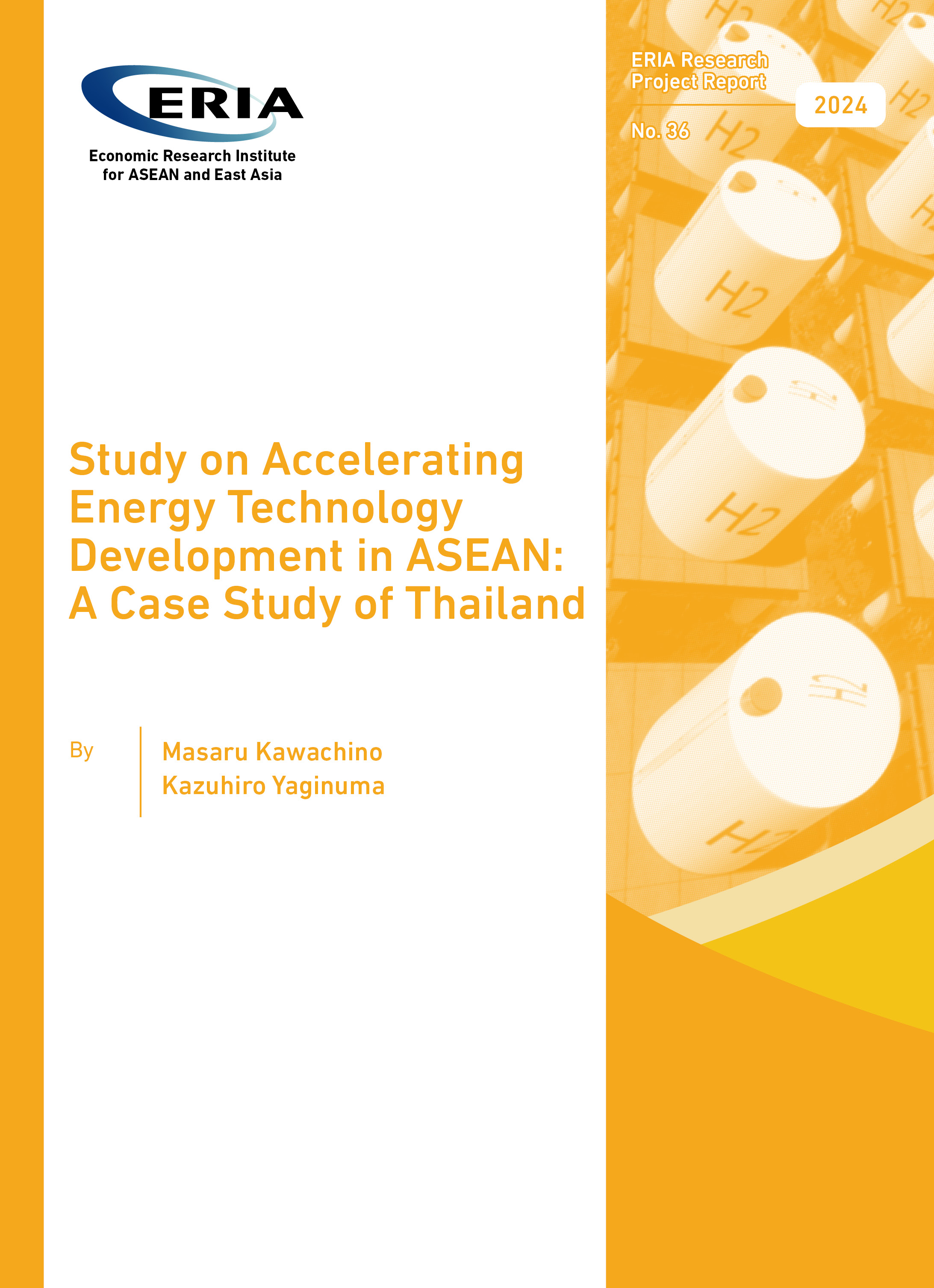Call for Proposals: ERIA-UNCTAD Project on Updating Non-Tariff Measures (NTMs) 16 East Asian Countries

Print Article:
Background
- In 2015, the Economic Research Institute for ASEAN and East Asia (ERIA), in collaboration with the United Nations Conference on Trade and Development (UNCTAD), conducted the first comprehensive data collection of Non-Tariff Measures (NTMs) in the 10 ASEAN countries.
- In 2018, ERIA and UNCTAD collected and classified NTMs in the 10 ASEAN countries (TRAINS Online (unctad.org)) and six regional dialogue partners (Australia, China, India, Japan, Republic of Korea, and New Zealand). The accompanying reports can be found here:
- The ASEAN database for NTMs in ASEAN has received endorsement from ASEAN as the primary resource for ASEAN Member States to populate and enhance the NTMs section of their National Trade Repository. Subsequently, numerous capacity-building initiatives and research activities have been conducted to support this endeavour.
- Significant developments have occurred in the regional and international landscape in recent years. Heightened global uncertainties arising from tensions related to trade, technology, and security between the United States and China, the COVID-19 pandemic, the war in Ukraine, and other factors have underscored the importance of bolstering economic integration and minimising unnecessary regulatory burdens, including those imposed by restrictive NTMs. The signing of the Regional Comprehensive Economic Partnership (RCEP) by 15 leaders further reinforces the commitment to enhance economic cooperation in this region. Furthermore, emerging issues such as digital transformation, new technologies, and sustainable development necessitate substantial policy reforms and effective trade facilitation to address these challenges effectively.
- To enhance the policymaking process in response to these new developments, it is essential to have access to the most up-to-date information.
Project Objective and Outputs
- To objective of the project is to update the existing ASEAN+6 NTMs database by collecting and validating the latest information on NTMs from official sources. The project aims to provide an updated NTMs database for the ASEAN+6 countries. It is important to note that there is no need to revise the old database if the regulations remain unchanged. The focus is on updating the database when new regulations are introduced, revised, or revoked, ensuring that the information remains accurate and current.
Project Timeline
The project is scheduled to run from March 2024 to December 2024.
Consultant’s Responsibilities
- Each consultant will be responsible for updating the existing database by thoroughly reviewing and collecting all NTMs information from official sources, such as government regulations. Furthermore, the consultants will accurately classify each NTM into the appropriate category based on UNCTAD's NTMs classification system.
Consultant's Outputs
- Each consultant will be assigned to a specific country and will be responsible for recording all NTMs that are in effect and implemented in their assigned country as of April 2024. The consultants will ensure that comprehensive and updated data of NTMs in their respective countries are recorded in the UNCTAD template in English.
- For reference, the existing NTM data can be accessed at the following link: https://unctad.org/topic/trade-analysis/non-tariff-measures/NTMs-data
How to Apply
Applicants should form a team consisting of two or more members who will collectively conduct the NTMs data collection in a specific country. Only one contract will be provided per team. To apply, each applicant must submit the following:
- Proposal: The proposal should have two main parts:
- Demonstrated knowledge of NTMs: Write a document of approximately 1,500 words (including tables and figures) showcasing your understanding and knowledge of NTMs in your own country. This section should provide an introduction to NTMs and an assessment of the NTM landscape in your country.
- Estimated workload: Provide an estimate of the workload required for the project, taking into consideration that updates have been made for some countries after 2018. C. Proposed budget: Outline your proposed budget for the project in US$.
- CVs of all listed consultants: Submit the curriculum vitae (CV) of each consultant involved in the team. Please specify one team leader who will oversee the work of the other team members and ensure the overall quality of the project.
How to Submit
- Please send your proposal to both of the following email addresses: [email protected] and [email protected]
- In the subject of the email, please write 'NTM Proposal: CountryName'
- The deadline for submissions of proposals is Friday, 27 October 2023 Jakarta COB time.
Announcement of Selected Proposal
The teams that have been selected for the project will receive notification by email from ERIA and UNCTAD on Friday, 24 November 2023. Please note that due to the high volume of proposals received, we may not be able to respond to all bidders individually.




